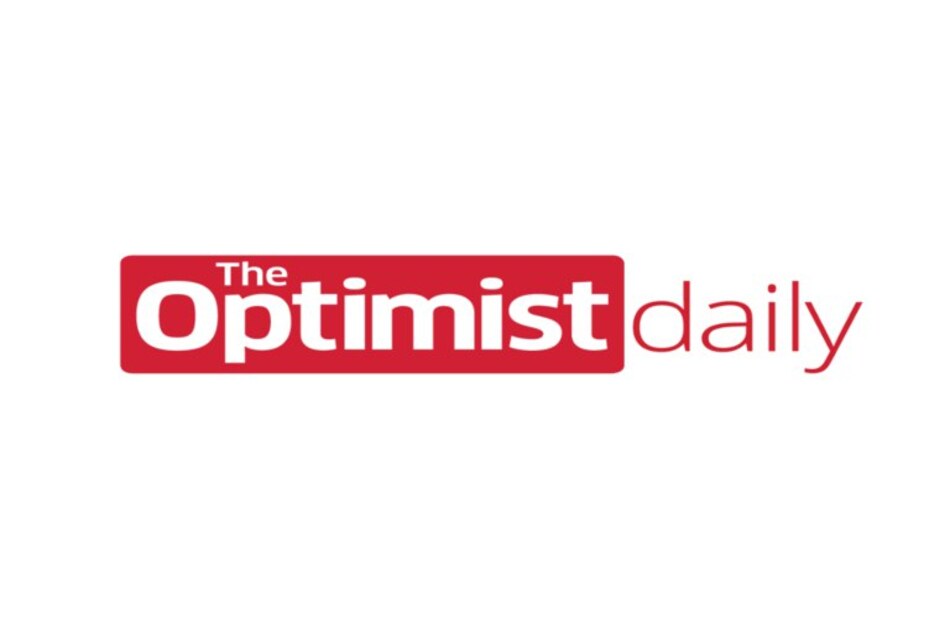Confidence in your abilities can get you through a rough patch and help you move ahead, but there are times when self-doubt can help you avoid making a mistake. The key is in knowing the difference between the doubts that are serving us and those that are holding us back, says Margie Warrell, author of You’ve Got This! The Life-Changing Power of Trusting Yourself.
Here’s how to know when to listen to self-doubt, when to leverage it, and when to ignore it.
When to listen: When we experience impostor syndrome, it’s because our brain has a negativity bias; we tend to focus on what we aren’t good at or what we haven’t yet done. When we believe our doubts, we sell ourselves short every time. But sometimes believing can serves us in a healthy way. “It would be dangerous to never doubt ourselves,” says Warrell. Our brains are wired to always be on alert, and as we make decisions, we are assessing our environment. It’s a built-in survival instinct, says Warrell. To determine if the self-doubt is healthy, consider what would happen if you allowed it to sit in the driver’s seat, suggests Warrell. “Ask yourself, ‘What would the future look like if the self-doubt is in control?’” she says. “And, ‘Am I okay with that?’ If I’m okay, it may be a risk not worth taking.”
When to leverage it: If you aren’t okay with letting the self-doubt make the decision, you may need to get help figuring out how to get what you want. Self-doubt can inspire creativity, pushing you to expand your imagination and vision. “It forces you to answer the question, ‘How?’” says Warrell. Instead of focusing on the negative outcome and reasons, you can’t focus on “why not?” “This question literally tricks and narrows your peripheral vision,” she says. “But if you just focus on the negative outcomes and the reasons you can’t, you reduce your peripheral vision and your ability to find solutions.”
When to ignore it: More often, though, taking a leap of faith and risking what might happen is the right way forward. In this case, divide your doubts and break them down. It helps to give them a name, says Warrell. “When you feel it creeping up, tell yourself that Debbie Downer or the Critical Committee is speaking up,” she says. “When you give it a name, you can recognize what it is. It’s not truth; it’s the voice of fear.”
Doubt can cost you opportunities and change what your future looks like. “I believe doubts put us back far more than external barriers,” said Warrell. “Defying doubt takes courage and courage is action in the presence of fear.”











